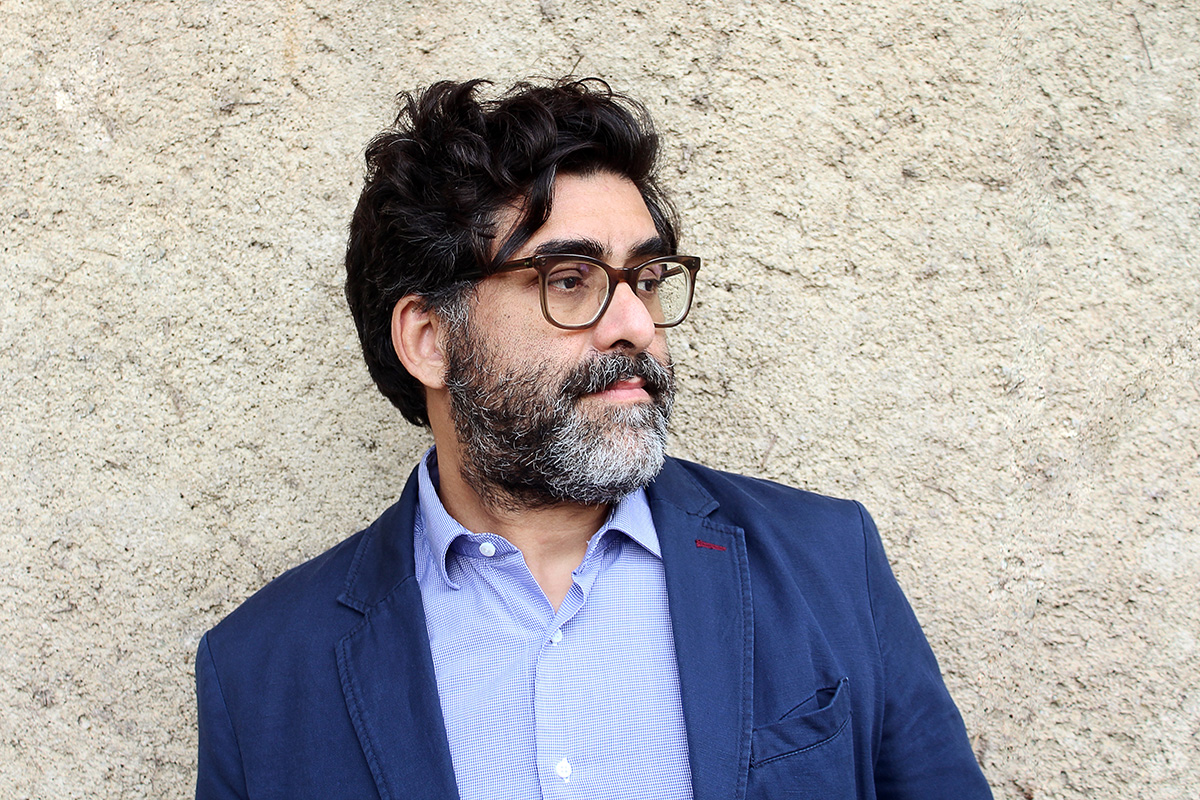Syllabus⇝
In these three sessions, we will tackle an introduction to the philosophy of technology and the central theme of our relationship with technology will be explored: are we determined by technology or do we determine it? And if that is the case, how? And to what extent? Or is this perhaps a false dichotomy and should the issue be explored in a radically different way? We will deal with current topics in ethics related to technology and design.
-
To understand the nature of technology and its relationship with humans.
-
To know the limits and potentialities of ethical reflection.
-
To be able to reflect and assess the ethical dimensions of one’s own work.
-
To gain an awareness and understanding of ethics and its entailments for the design profession.
-
Get a sense of doing ethics beyond arm-chair ethics.
Additional Resources⇝
Barad, K (2013). What is the measure of nothingness? Infinity, Virtuality, Justice. Nº099. Documenta (13). https://deeptimechicago.org/wp-content/uploads/2016/10/barad-k-what-is-the-measure-of-nothingness.pdf
Design Justice Network https://designjustice.org/read-the-principles
Maggic, Mary.
Estrozine 1 https://files.cargocollective.com/c781072/estrozine-1.1.pdf
Becoming with Funghi https://files.cargocollective.com/c781072/BecomingFungi2.pdf
Preciado, P (2011) Manifiesto contrasexual. Barcelona: Editorial Anagrama
Puig de la Bellacasa, M (2017) Matters of Care: Speculative Ethics in More Than Human Worlds. Minneapolis and London: University of Minnesota Press.
Spivak, G. (1988) Can the Subaltern Speak? Die Philosophin 14 (27):42-58. https://archive.org/details/CanTheSubalternSpeak
Baym, Nancy. (2015). Personal Connections in the Digital Age: Digital Media and Society. London: Polity.
Gertz, Nolen. (2018) Nihilism and Technology. London: Rowman and Littlefield.
Guersenzvaig, Ariel. (2021). The Goods of Design. London: Rowman and Littlefield.
Parvin, Nassim. (2023). Just Design: Pasts, Presents, and Future Trajectories of Technology. Just Tech. Social Science Research Council. February 1, 2023. DOI: https://doi.org/10.35650/JT.3049.d.2023.
Rosenberger, R. (2017). Callous Objects: Designs against the Homeless (3rd ed.). University Of Minnesota Press. Available online: https://manifold.umn.edu/read/callous-objects/
Vallor, Shannon. Technology and the Virtues: A Philosophical Guide to a Future Worth Wanting. New York: Oxford University Press, 2016.
Verbeek, Peter-Paul. Moralizing Technology: Understanding and Designing the Morality of Things. Chicago: The University of Chicago Press, 2011.
Faculty⇝
Ariel Guersenzvaig is a lecturer at ELISAVA School of Design and Engineering of Barcelona (Spain). He combines his academic work with 20+ years of professional experience in the field of user experience and service design. He is the author of an upcoming book on design professional ethics (Rowman & Littlefield, April 2021). Besides professional ethics and design theory, another important locus of research is the ethical impact of machine intelligence on society, with a focus on autonomous weapons and algorithmic justice. He has published in academic journals such as ACM Interactions, SDN Touchpoints, AI & Society, Journal of Design Research, and IEEE Technology and Society Magazine. He holds a PhD in Design Theory from the University of Southampton (UK), an MA in Ethics from the University of Birmingham (UK).
Laura Benitez has a Ph.D. in Philosophy and is a researcher, and university lecturer. Her research connects philosophy, art(s), and technoscience. She is an associate professor at the Department of Philosophy at the Autonomous University of Barcelona. She also teaches at Elisava. She has served as the coordinator of the Theory area in the Arts and Design Degree at Massana, where she has taught Critical and Cultural Studies. She has been a visiting researcher at the Ars Electronica Center and the Center for Studies and Documentation of MACBA. She has also collaborated with international institutions such as Interface Cultures Kunstuniversität Linz, Sónar Festival (Barcelona/Hong Kong), Royal Academy of Arts London, and the University of Puerto Rico. Between 2019 and 2021, she directed Biofriction, a European project (Creative Europe) on bioart and biohacking practices, led by Hangar in collaboration with the Bioart Society, Kersnikova, and Cultivamos Cultura. She is co-director of the Master on Design For Emergent Futures (MDEF).


